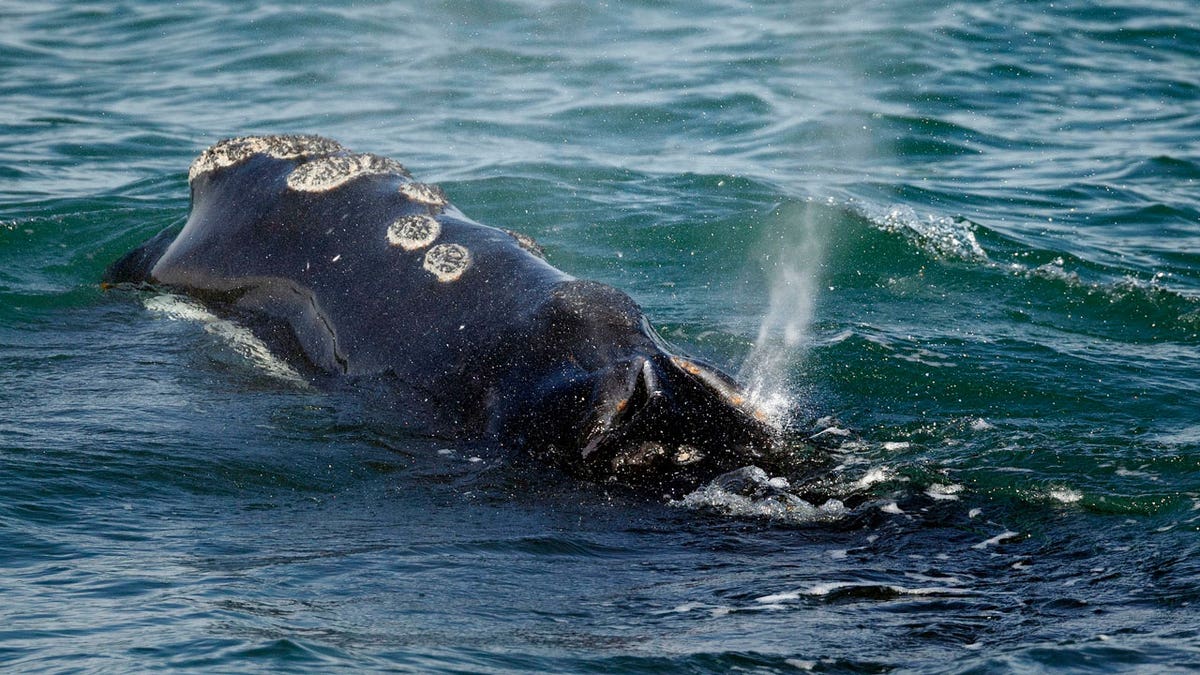A bill introduced by Georgia Congressman Buddy Carter seeks to prevent the National Oceanic and Atmospheric Administration (NOAA) from enforcing new speed restrictions on boats along the U.S. East Coast. These restrictions, designed to protect the critically endangered North Atlantic right whale, would expand current slow zones and affect smaller vessels. Carter argues that the economic impact on commercial fishing and port operations, particularly at the Port of Savannah, would be severe. He maintains that whale protection efforts should not come at the cost of economic stability.
Carter's bill proposes that before implementing these stricter speed limits, the Department of Commerce should prioritize developing and implementing advanced technologies for monitoring right whales in Atlantic waters. This approach, he suggests, would offer a more effective way to protect the whales without disrupting maritime industries.
The congressman's proposal follows a recent House subcommittee hearing where both proponents and opponents of the speed restrictions voiced their opinions. Scientists emphasized the urgency of protecting right whales, whose population has dwindled to less than 340, highlighting vessel strikes as a major threat. They stressed that even a single human-caused death could jeopardize the species' survival. However, industry representatives countered that slower speeds, especially in challenging weather conditions, could pose safety risks to vessels and crew. Frank Hugelmeyer, of the National Marine Manufacturers Association, argued that the proposed restrictions would force some vessels to travel at impractically slow speeds, affecting an estimated 60,000 vessels.

North Atlantic right whales frequent coastal waters along the Atlantic, migrating south to warmer waters off the southeastern U.S. for calving during the winter months. Their surface-dwelling habits make them particularly vulnerable to collisions with vessels. NOAA intends to expand mandatory slow zones to encompass the entire East Coast from Florida to Massachusetts, requiring vessels 35 feet or longer to comply with the 11.5 mph speed limit, a significant change from the current 65-foot threshold. A final decision on these proposed changes is expected later this year. Environmental groups have advocated for stricter enforcement of existing speed limits, citing studies showing high rates of noncompliance, even in designated slow zones.
Comments(0)
Top Comments